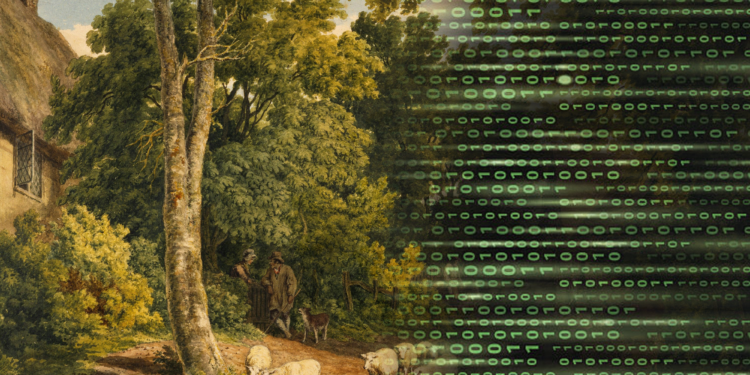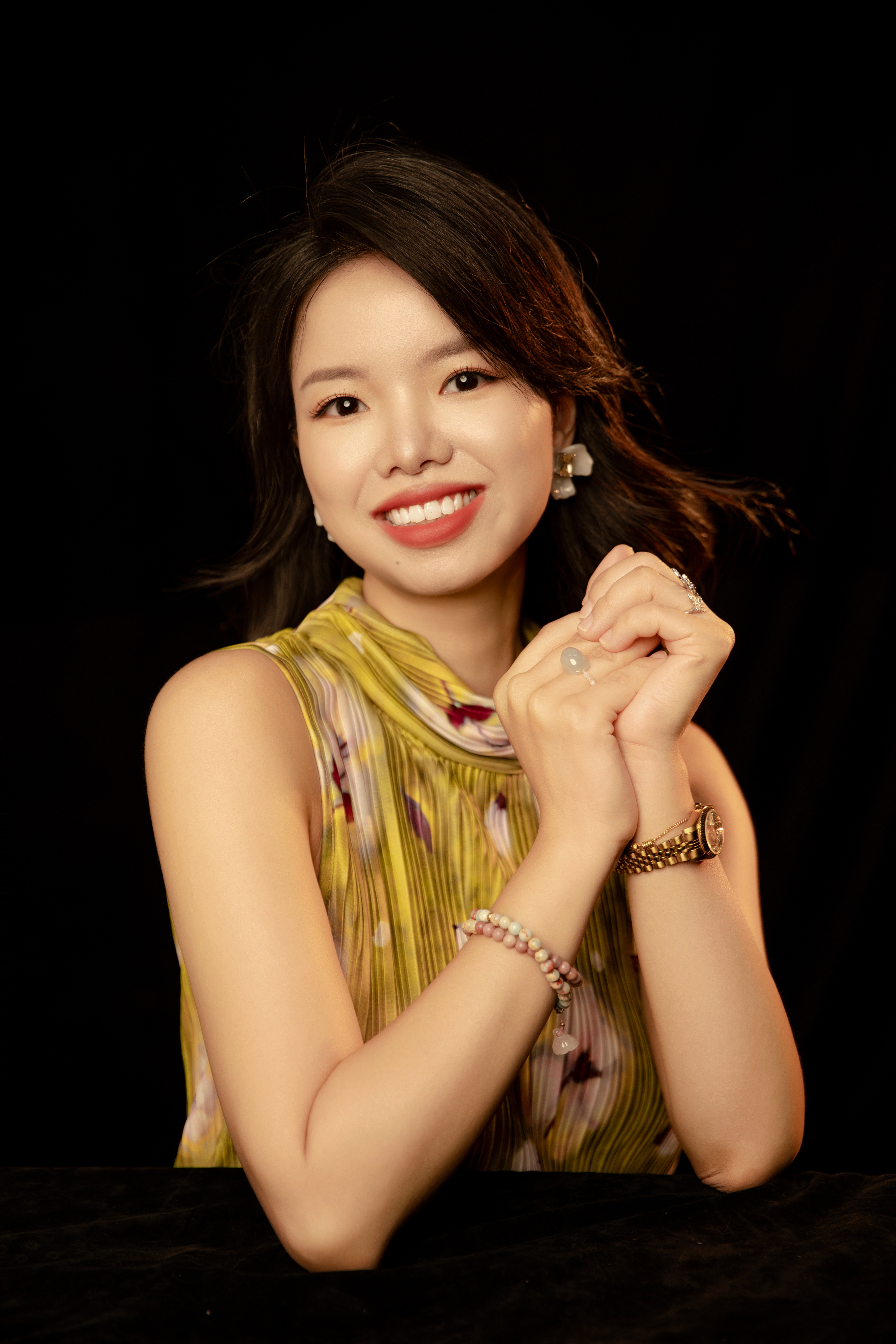Thus the question arises, can creations generated by AI be considered works of art?
A unified group of artists has filed a class-action lawsuit in a California District Court, claiming that Google's Imagen AI model unlawfully utilized their works without obtaining permission.
The lawsuit argues that Google's text-to-image model constitutes an "infringing derivative work," containing numerous reproductions of their artwork.
Accusing Google of engaging in "massive copyright infringement" through its Imagen model, the artists seek damages for the company's alleged "unlawful behavior."
According to the complaint, the disputed images were purportedly employed to train other Google AI models, including Imagen 2 and multimodal systems like the flagship foundation model known as Gemini.
The lawsuit states, "[The] plaintiffs did not grant Google authorization to use their copyrighted work in any manner. Nevertheless, Google flagrantly violated the plaintiffs' exclusive rights...and continues to do so to this day."
Google unveiled Imagen in May of 2022, coinciding with the emergence of text-to-image models such as Stable Diffusion and Midjourney. Imagen 2 was subsequently introduced in December.
The image generation model was integrated into Google Cloud platforms like Vertex, allowing users to generate images to meet business requirements. It was also employed as the underlying image generator for generative 3D models, including Google DreamFusion.
One of the datasets leveraged in the development of Imagen was LAION-400M, an open-source corpus featuring URLs to images for model training.
The artists contend that their artwork appeared within this dataset, and since Google utilized LAION-400M to construct its own AI systems, unauthorized copies of their work were effectively created by the company.
The lawsuit argues, "The intermediary copies of each copyrighted work made by Google during the training of the Google LAION Models bore substantial similarity to the original copyrighted work," leading to direct copyright infringement that has injured the plaintiffs.
The artists demand that Google eradicate all reproduced copies of their work and cover their legal expenses.
The legal representation for the artists includes lawyers involved in the GitHub Copilot lawsuit of 2022. They have pursued legal action against OpenAI, Meta, Nvidia, and Databricks on behalf of authors as well.
In addition to their case against Google, Joseph Saveri and Matthew Butterick have initiated copyright infringement lawsuits against image generators Midjourney, Runway ML, and Stable Diffusion on behalf of the artists.







